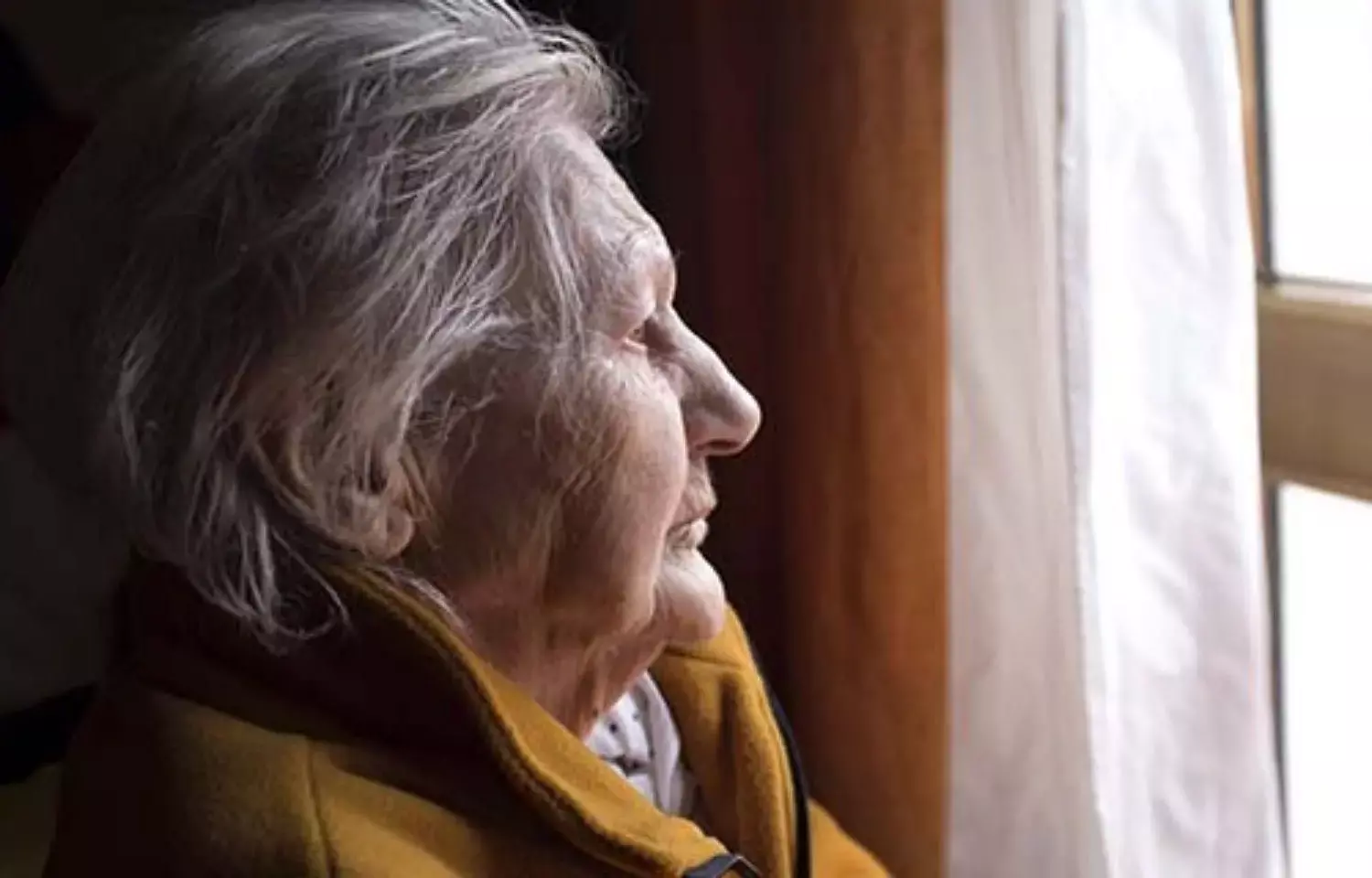- Home
- Medical news & Guidelines
- Anesthesiology
- Cardiology and CTVS
- Critical Care
- Dentistry
- Dermatology
- Diabetes and Endocrinology
- ENT
- Gastroenterology
- Medicine
- Nephrology
- Neurology
- Obstretics-Gynaecology
- Oncology
- Ophthalmology
- Orthopaedics
- Pediatrics-Neonatology
- Psychiatry
- Pulmonology
- Radiology
- Surgery
- Urology
- Laboratory Medicine
- Diet
- Nursing
- Paramedical
- Physiotherapy
- Health news
- Fact Check
- Bone Health Fact Check
- Brain Health Fact Check
- Cancer Related Fact Check
- Child Care Fact Check
- Dental and oral health fact check
- Diabetes and metabolic health fact check
- Diet and Nutrition Fact Check
- Eye and ENT Care Fact Check
- Fitness fact check
- Gut health fact check
- Heart health fact check
- Kidney health fact check
- Medical education fact check
- Men's health fact check
- Respiratory fact check
- Skin and hair care fact check
- Vaccine and Immunization fact check
- Women's health fact check
- AYUSH
- State News
- Andaman and Nicobar Islands
- Andhra Pradesh
- Arunachal Pradesh
- Assam
- Bihar
- Chandigarh
- Chattisgarh
- Dadra and Nagar Haveli
- Daman and Diu
- Delhi
- Goa
- Gujarat
- Haryana
- Himachal Pradesh
- Jammu & Kashmir
- Jharkhand
- Karnataka
- Kerala
- Ladakh
- Lakshadweep
- Madhya Pradesh
- Maharashtra
- Manipur
- Meghalaya
- Mizoram
- Nagaland
- Odisha
- Puducherry
- Punjab
- Rajasthan
- Sikkim
- Tamil Nadu
- Telangana
- Tripura
- Uttar Pradesh
- Uttrakhand
- West Bengal
- Medical Education
- Industry
Exogenous melatonin safe for treating nocturia in elderly women, study says

Thailand: A new study published in the International Urogynecology Journal shows that melatonin is an efficient and safe therapy for nocturia in elderly women.
Nocturia has an impact on one's health and quality of life (QoL). Current medical therapies can have serious side effects, particularly when treating older individuals. Endogenous melatonin has a physiological role in urinary bladder function, and exogenous melatonin may help with this disease. As a result, Pichai Leerasiri and colleagues undertook this study to assess the efficacy and safety of melatonin in treating nocturia in elderly women.
This double-blind, randomized, placebo-controlled experiment was carried out in a Thai university hospital. Sixty women with nocturia over the age of 55 were recruited prospectively and randomly assigned to treatment (melatonin 2 mg/day, n = 30) or control (placebo, n = 30) arms for two weeks. Nocturia episodes, Nocturia Quality of Life Questionnaire (N-QoL) scores, nocturia-related parameters, and adverse events were used as outcome variables.
The key findings of this study were as follows:
1. In terms of mean age, the control and treatment groups were comparable (65.9 + 7.5 vs. 68.5 + 6.3 years).
2. With a baseline median voiding frequency of 2.3 and 2.3 episodes/night, respectively, both groups reported comparable causes of nocturia.
3. The treatment group outperformed the placebo group in terms of median nocturia reduction [-1.0 vs. 0.0 episodes/night], increased median duration of first uninterrupted sleep [1.0 vs. 0.0 h], and improvement in N-QoL scoring, particularly in the sleep/energy subscale.
4. The number of adverse events was comparable between groups.
In conclusion, the findings of this clearly point out the effectiveness of melatonin in the treatment of Nocturia in elderly women.
Reference:
Leerasiri, P., Pariyaeksut, P., Hengrasmee, P., & Asumpinwong, C. (2022). Effectiveness of melatonin for the treatment of nocturia: a randomized controlled trial. In International Urogynecology Journal. Springer Science and Business Media LLC. https://doi.org/10.1007/s00192-022-05232-3
Medical Dialogues consists of a team of passionate medical/scientific writers, led by doctors and healthcare researchers. Our team efforts to bring you updated and timely news about the important happenings of the medical and healthcare sector. Our editorial team can be reached at editorial@medicaldialogues.in.
Dr Kamal Kant Kohli-MBBS, DTCD- a chest specialist with more than 30 years of practice and a flair for writing clinical articles, Dr Kamal Kant Kohli joined Medical Dialogues as a Chief Editor of Medical News. Besides writing articles, as an editor, he proofreads and verifies all the medical content published on Medical Dialogues including those coming from journals, studies,medical conferences,guidelines etc. Email: drkohli@medicaldialogues.in. Contact no. 011-43720751


